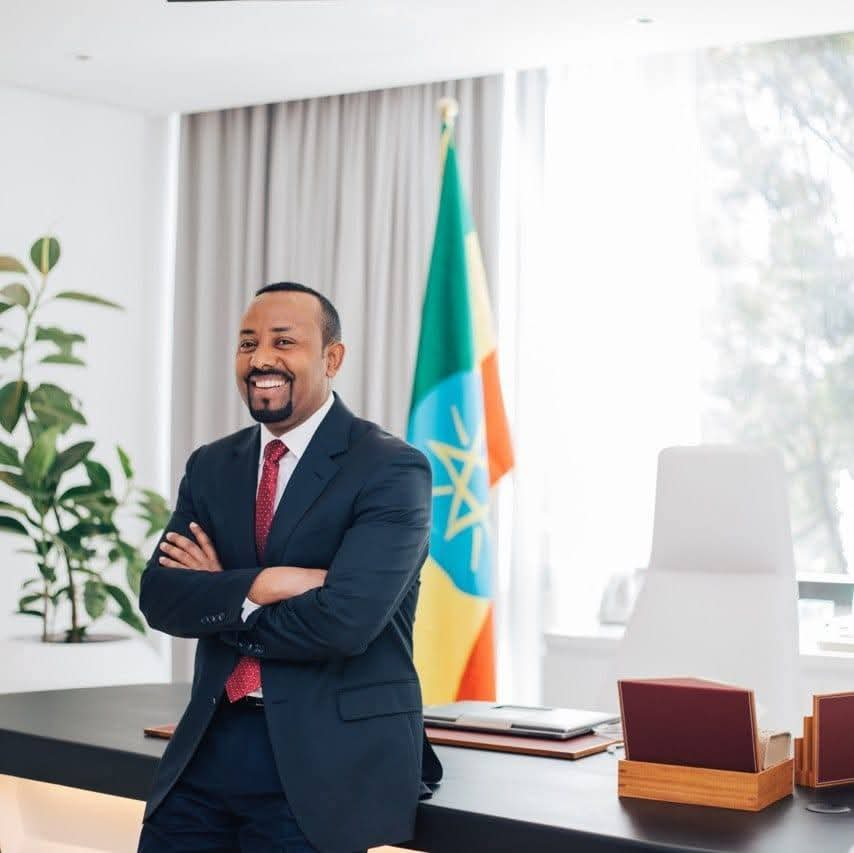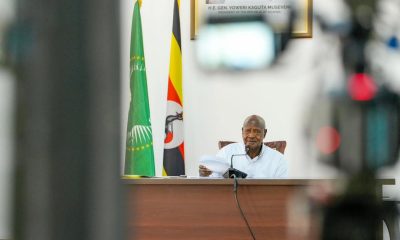Africa
Abiy Ahmed’s Reform Revolution: The Prime Minister Who Reimagined Ethiopia’s Future
When Abiy Ahmed became Prime Minister in April 2018, Ethiopia stood at a political and economic crossroads, scarred by years of unrest, suppression, and stagnation. Within a span of just seven years, Abiy has transformed the nation’s trajectory—shifting from autocracy to openness, from ethnic fragmentation to national unity, and from rigid state control to bold economic liberalization.
In his earliest months in office, Abiy Ahmed stunned Ethiopians and the world by releasing thousands of political prisoners, lifting decades-old press censorship, and unbanning opposition groups. It was a radical reset for a country long marred by authoritarianism. The ripple effects were immediate: protests simmered down, political exiles returned home, and public discourse blossomed with new freedoms.
“We witnessed a national rebirth,” said Mekdes Tesfaye, a human rights lawyer. “The country exhaled.”
Abiy’s revolution wasn’t just political—it was gendered. For the first time in Ethiopian history, women assumed equal representation in the cabinet. He appointed Sahle-Work Zewde as Ethiopia’s first female President and Meaza Ashenafi as the country’s first female Chief Justice, signaling a fundamental cultural shift in a traditionally patriarchal society.
These appointments, beyond symbolism, translated into concrete legal reforms for women’s rights, judicial independence, and policy inclusiveness.
Determined to heal deep-rooted ethnic divisions, Abiy dissolved the Ethiopian People’s Revolutionary Democratic Front (EPRDF)—a coalition of ethnic parties—and formed the Prosperity Party in 2019. The move, while controversial, sought to replace identity politics with a more unified national agenda. “We are no longer a house divided,” Abiy declared at the launch, urging unity over sectarianism.
From telecoms to banking, Abiy dismantled the state’s economic stronghold, inviting private and foreign capital into long-shielded sectors. Landmark steps included opening Ethio Telecom and Ethiopian Airlines to partial privatization and floating the Ethiopian birr—moves that attracted World Bank and IMF support, including a historic $3.4 billion bailout.
In early 2025, Ethiopia opened its first modern stock market—a dramatic leap from decades of financial isolation. The bourse marked a new era for investors and entrepreneurs alike, signaling Ethiopia’s full embrace of global capitalism.
Perhaps the most visible testament to Abiy’s ambition is the Grand Ethiopian Renaissance Dam (GERD)—Africa’s largest hydroelectric project. Completed in mid-2025 and already generating power since 2022, the 6,000 MW dam doubles Ethiopia’s national output and sets the country on course to become a regional energy exporter.
Despite tensions with Egypt and Sudan, GERD has become a national symbol of resilience and self-reliance, with Abiy describing it as “the crown jewel of Ethiopia’s future.”
Green Cities and Smart Growth
At home, Abiy launched sweeping urban beautification and sustainability projects. Beautifying Sheger, launched in 2019, revitalized rivers and green spaces in Addis Ababa, funded partly through the widely-supported “Dine for Sheger” campaign, which raised over $25 million from citizens and businesses.
That vision extended to massive eco-tourism and development projects like Wenchi, Gorgora, and Koysha, injecting billions of birr into local economies. Gorgora Eco Resort officially opened in July 2024 as a showcase of Ethiopia’s new tourism ambitions.
The launch of the Chaka “Smart City” project in 2022 symbolized Ethiopia’s future-facing mindset. Covering over 500 hectares in Addis Ababa’s Yeka area, the mega-project includes a new national palace, artificial lakes, roads, and luxury resorts—an unprecedented 500 billion birr investment.
“The goal,” Abiy said, “is to merge technology, tradition, and sustainability into one living experience.”
In another groundbreaking policy, Ethiopia became the first country in the world to ban gasoline and diesel car imports in January 2024. The ban, though ambitious, signals the government’s deep commitment to climate action and reducing fossil fuel dependence. Yet critics warn that charging infrastructure and local production must catch up to avoid socioeconomic gaps.
From revolutionary reforms to renewable energy, from stock markets to smart cities, Abiy Ahmed has reshaped Ethiopia with a boldness rarely seen in African leadership. As 2025 unfolds, his legacy is still being written—but one thing is clear: Ethiopia is no longer looking back.
Comments





















